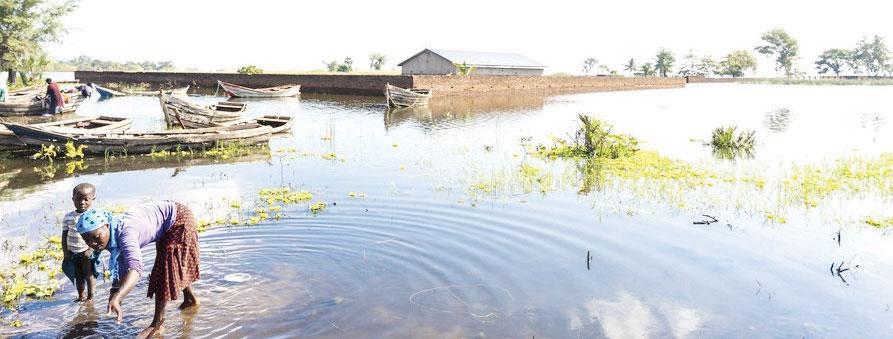Africa-Press – Malawi. Rising water levels in Lake Malawi from January to May this year resulted in damages and cancelled tourism business costing the country K8.9 billion, according to a study by the National Planning Commission (NPC).
The findings of the study, titled ‘Assessment of Economic Impact of Lake Malawi Water Rise on the Economy’, were presented in Lilongwe Monday.
The study indicates that Malawi lost K6.4 billion due to damage to infrastructure, including buildings and equipment at lakeside businesses.
Losses from cancelled events and activities amounted to K2.5 billion.
The study predicts that the rising waters will cause Malawi’s tourism GDP to shrink by 0.5 percent, which, in turn, is expected to reduce the overall GDP by 0.01 percent in 2024.
NPC Research Manager Andrew Jamali explained that the research aimed to assess the impact of rising water levels on the tourism sector and its effect on the country’s tourism and overall GDP for 2024.
“We have found that the rising water levels have caused significant damage to infrastructure near the lake, reducing services and patronage along the lakeshore… Many establishments have struggled to recover due to the extensive damage,” Jamali said.
Executive Director of the Malawi Tourism Council, Memory Mumba Kamthunzi, was not surprised by the study’s findings.
She said the council had already observed significant destruction to tourism establishments along the lakeshore and had worked with NPC on the study.
“The results confirm the severe impact on the tourism sector. The data shows that rising water levels have significantly affected the economy, leading to job losses and a heavy toll on tourism,” Mumba Kamthunzi said.
Between January and May, Lake Malawi’s water levels rose to unprecedented heights, submerging about 90 percent of its beach area.
During this period, many people urged the National Water Resource Authority (NWRA) to fully open the Kamuzu Barrage on the Shire River at Liwonde to help lower the lake’s water levels.
However, NWRA insisted that that fully opening the barrage would release 4,200 cubic meters of water per second into a river that can only handle 800 cubic meters per second.
He warned that this could damage electricity infrastructure downstream and cause severe flooding in Chikwawa and Nsanje districts.
For More News And Analysis About Malawi Follow Africa-Press






